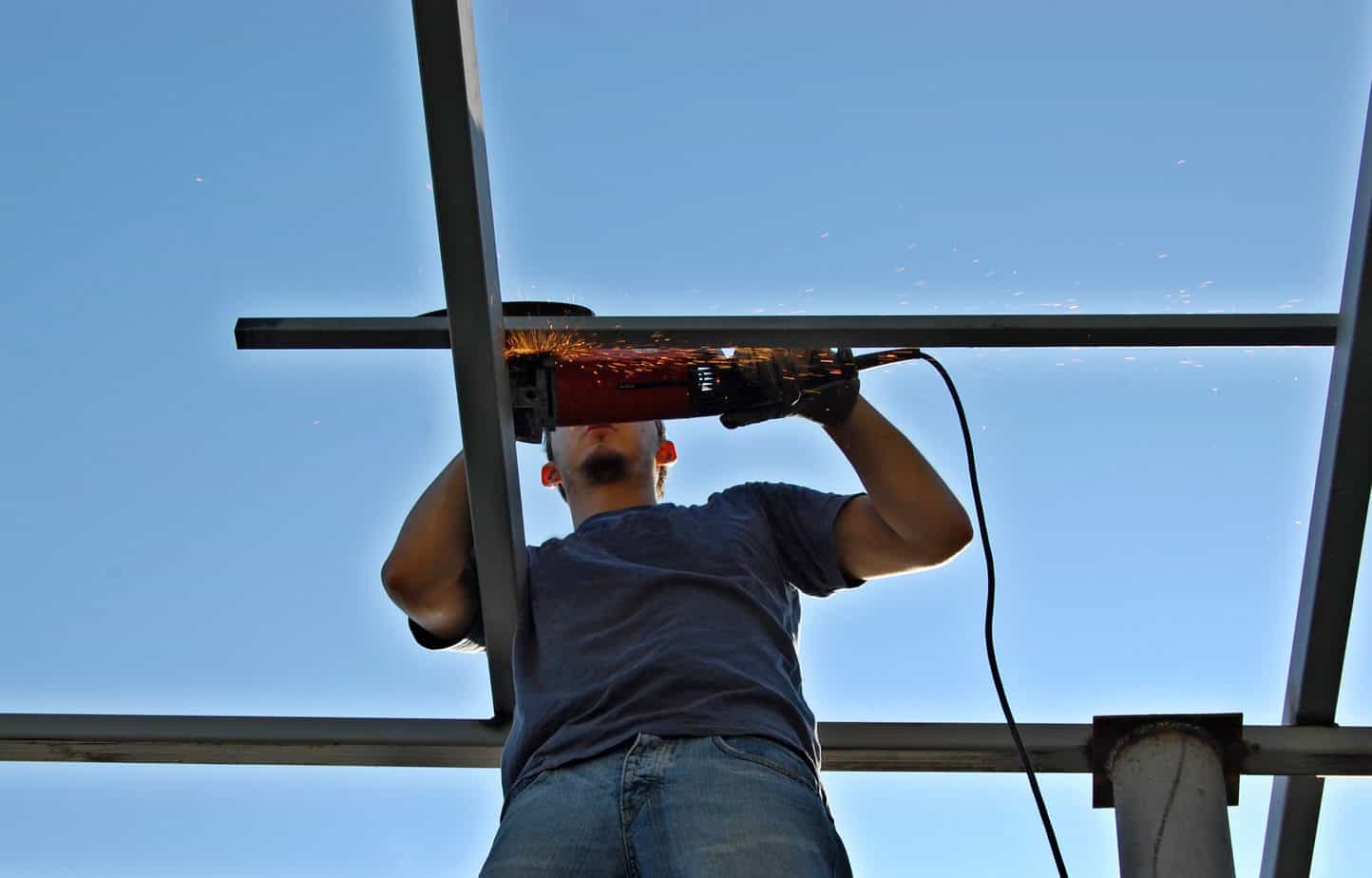


Rather than try to legislate prosperity, minimum wage backers ought to consider policies that create the kind of jobs that make the minimum wage irrelevant to the future of Idaho.
That's my take after Boise Democrat Mat Erpelding introduced legislation last week to hike Idaho’s minimum wage to $9.25 an hour through a two-year process.
After that, the wage floor would be linked to the Consumer Price Index, the official monitor of the actual cost of consumer goods in the country.
In testimony, Erpelding cited the need to help low wage workers and to create upward pressure on wages generally. He pledged he is pro-business and pro-worker.
He also acknowledged the minimum wage is a floor, not a living wage, and was careful to distance himself from, “what Seattle has done.”
While not stated by Erpelding, Seattle is phasing in a minimum wage of $15 per hour between 2017 and 2021, depending on the size of the employer and whether companies offer benefits.
The point: Erpelding wanted the Senate State Affairs Committee to recognize the moderate nature of his plan.
What made this presentation very instructive is Erpelding recently held a series of town hall meetings for his constituents in District 19. When asked about the interim committee report on the transfer of federal lands to the state of Idaho he had this to say:
They think this is about jobs. It is not about jobs. This is posturing. If they were serious about jobs, there's a lot of other things we ought to be talking about.
The people of Idaho are witnessing firsthand the denial and disconnect between the policies that progressives profess to support, those proven to produce higher wages and the federal land use restrictions which they also support.
Timber harvests in Idaho are down more than 90 percent on federal lands from their peak. Back in the 1970’s, a discussion of the minimum wage would most likely have occurred in an economics class rather than the halls of the Capitol, as Idaho’s per capita income was nearly 90 percent of the national average – when we harvested timber and ran mines.
Keep in mind timber jobs generally pay well more than government-mandated wage floors.
Shouldn’t the first priority of those who care about wages in Idaho be the consideration of how we best realize the economic potential of the 62 percent of the state that is federal land?
Consider tweeting about this important issue:
[Tweet "Minimum wage backers ought to consider policies that make the minimum wage irrelevant "]


